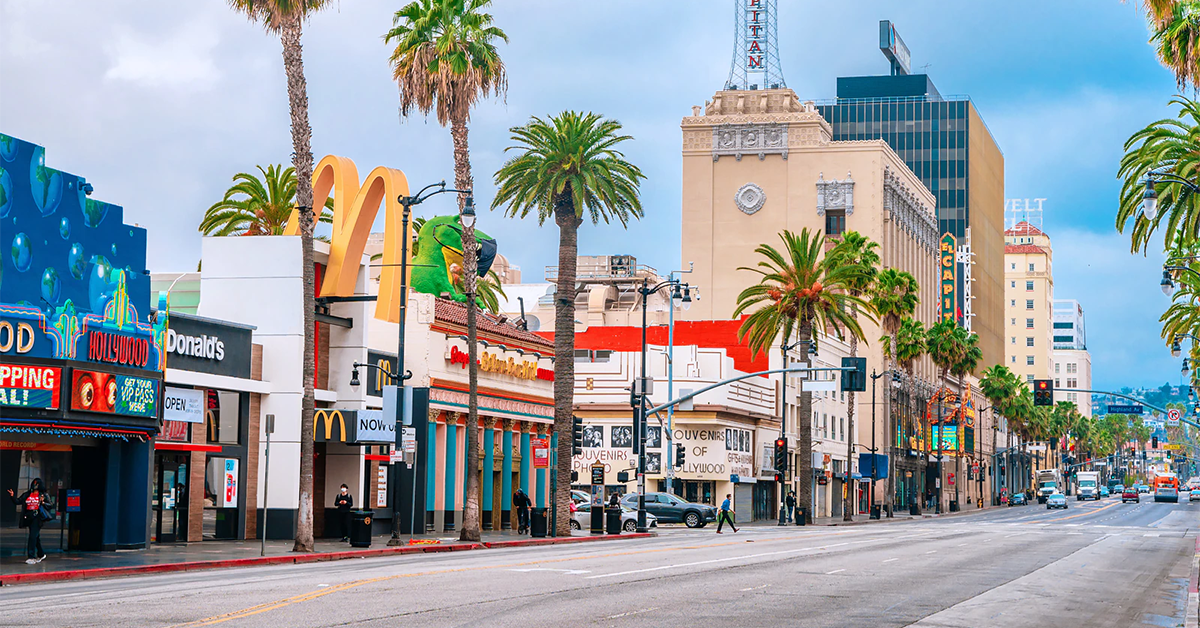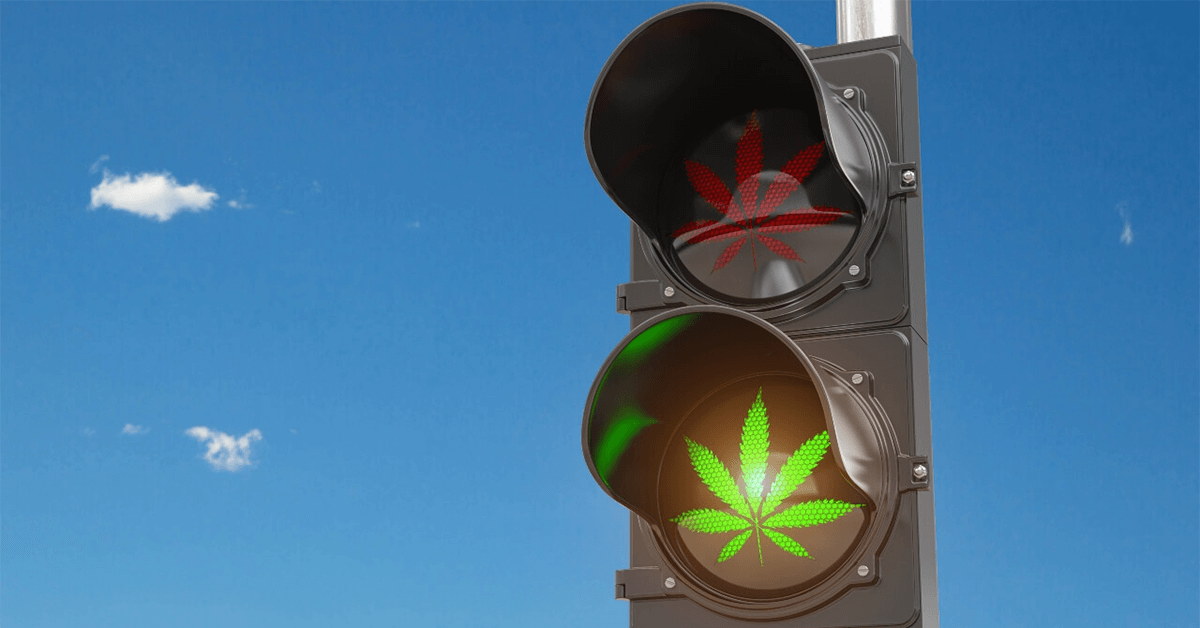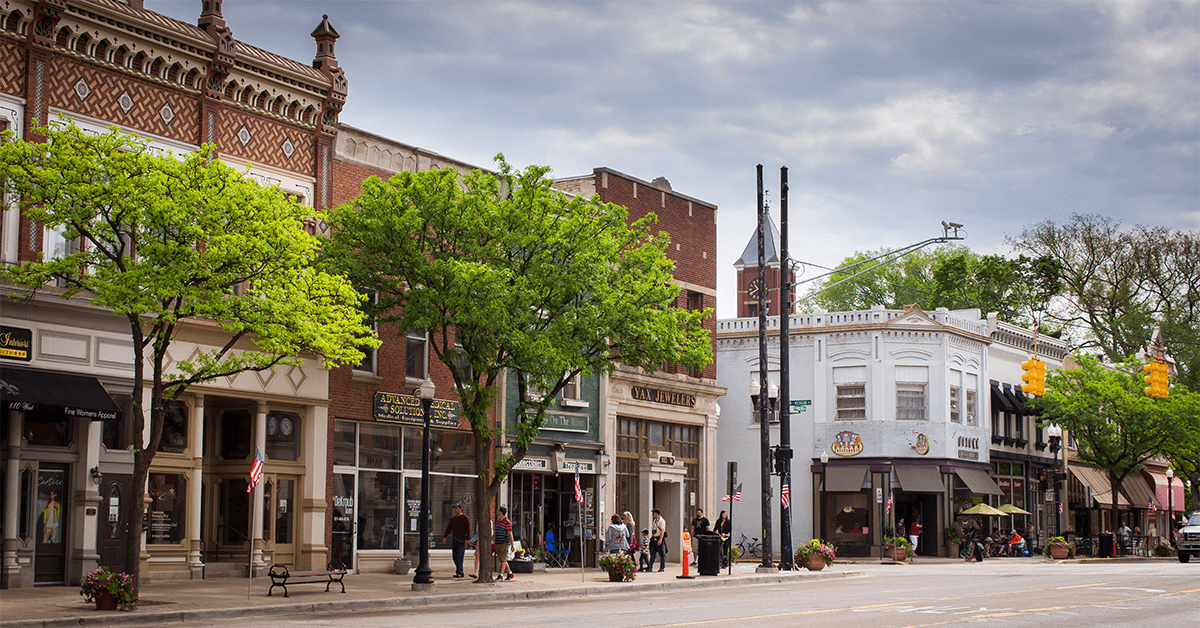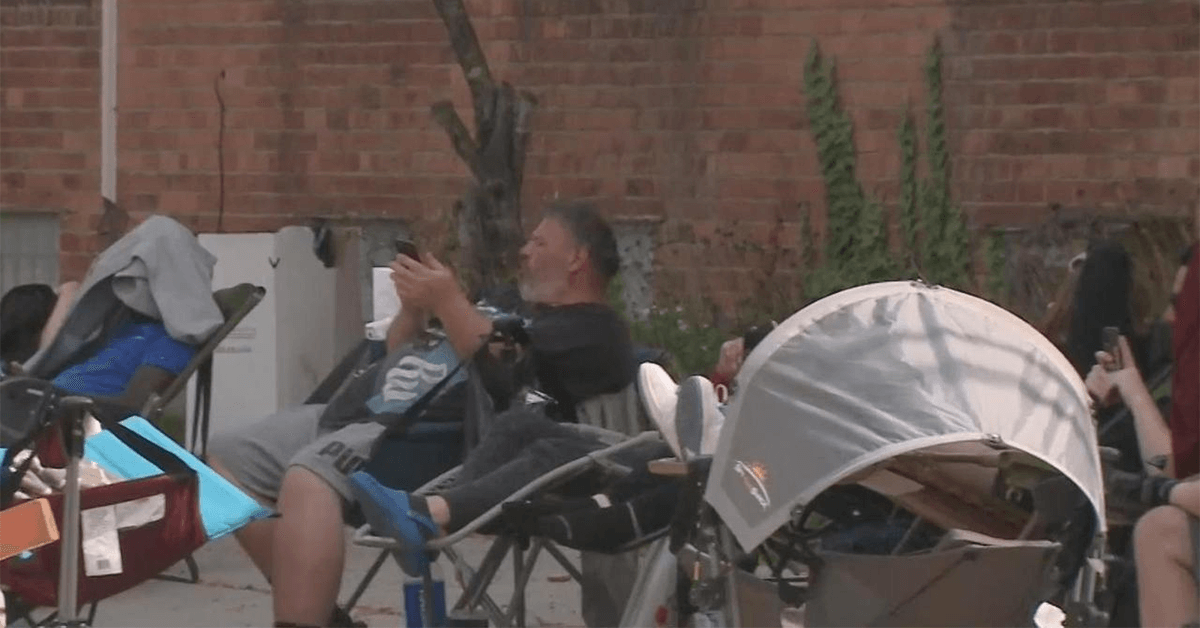Michigan vs. Los Angeles: A Comparative Analysis of Their Cannabis Economies

In the ever-evolving landscape of the U.S. cannabis industry, two prominent players stand out - Michigan and Los Angeles. Their journeys, although intertwined in the broader narrative of marijuana legalization, present distinct challenges and opportunities.
Legal Foundations of Cannabis Trade
Central to the vibrancy of the cannabis trade is the legal framework. Michigan welcomed legal cannabis for both medical and recreational purposes in 2018, following a public vote. The state prides itself on a structured regulatory system, ensuring organized operations from dispensaries to cultivators.
On the other hand, Los Angeles has been a key player in California's cannabis narrative. The state pioneered medical marijuana legalization in 1996 and expanded to recreational use by 2018. Yet, LA's labyrinthine local regulations, despite facilitating a rich marketplace, have often perplexed businesses and consumers.
Economic Impacts and Market Dynamics
In 2022, Michigan's cannabis trade soared, garnering sales of over $2 billion, as per the Michigan Marijuana Regulatory Agency. This underscores Michigan's unwavering appetite for cannabis products.
Contrastingly, Los Angeles, with its demographic advantage and early legalization, clocked a staggering $5.3 billion in cannabis sales in the same year. However, its industry faces fragmentation due to its competitive environment and intricate regulations.
The Spectrum of Industry Players
Michigan's cannabis industry is marked by an influx of small, locally-owned businesses, mirroring the entrepreneurial spirit in new cannabis markets.
Conversely, Los Angeles showcases a spectrum of players - from budding businesses to industry titans. While this spells fierce competition, it also raises eyebrows over potential corporate monopolization.
Tackling Challenges, Seizing Opportunities
Navigating the cannabis industry is no mean feat. Michigan's hurdles include equitable license distribution and environmental implications of cannabis farming. These reflect the teething problems of emerging cannabis economies.
Los Angeles grapples with its own set of challenges. A convoluted licensing procedure and an unchecked illegal market are primary concerns. Addressing these is crucial for a balanced industry catering to both entrepreneurs and consumers.
Yet, the horizon is bright. Both Michigan and Los Angeles are ripe for innovations in product design, user experience, and medicinal utility. Their potential to metamorphose into global cannabis epicenters is palpable.
Final Thoughts
Michigan and Los Angeles, while traversing their unique cannabis journeys, contribute significantly to the broader cannabis narrative. Michigan's orderly regulations and blossoming local enterprises hint at a promising, inclusive industry. Meanwhile, Los Angeles, with its monumental market presence, is poised to be a trendsetter in cannabis innovations.
The onward journey demands collaboration among policymakers, industry experts, and stakeholders. By addressing emerging challenges, Michigan and Los Angeles can maximize the socio-economic benefits of cannabis, ensuring their communities thrive in this green revolution.
Share this article:
Spotted a typo, grammatical error, or a factual inaccuracy? Let us know - we're committed to correcting errors swiftly and accurately!








 Helpful Links
Helpful Links